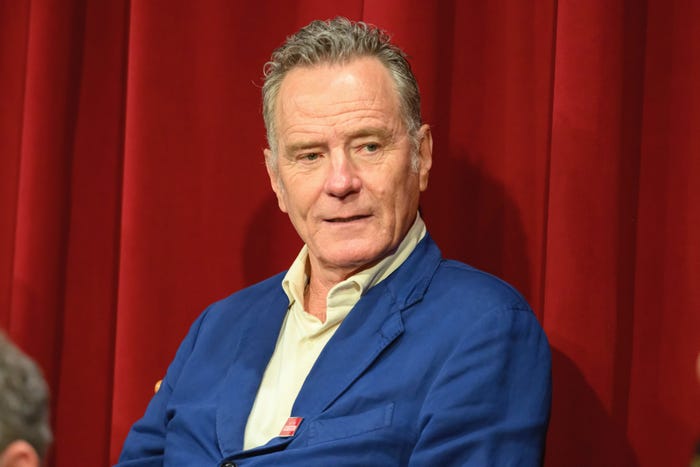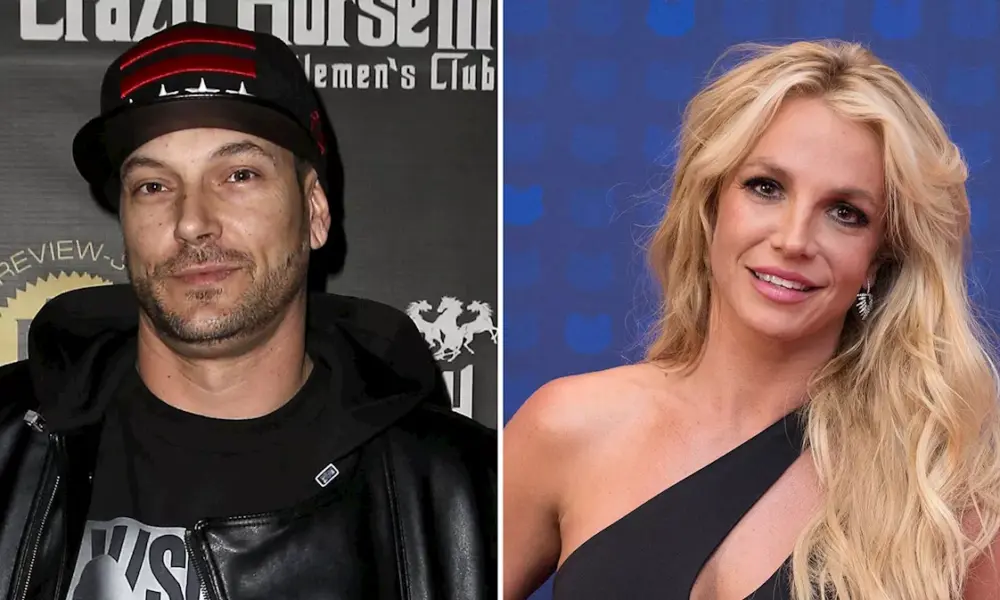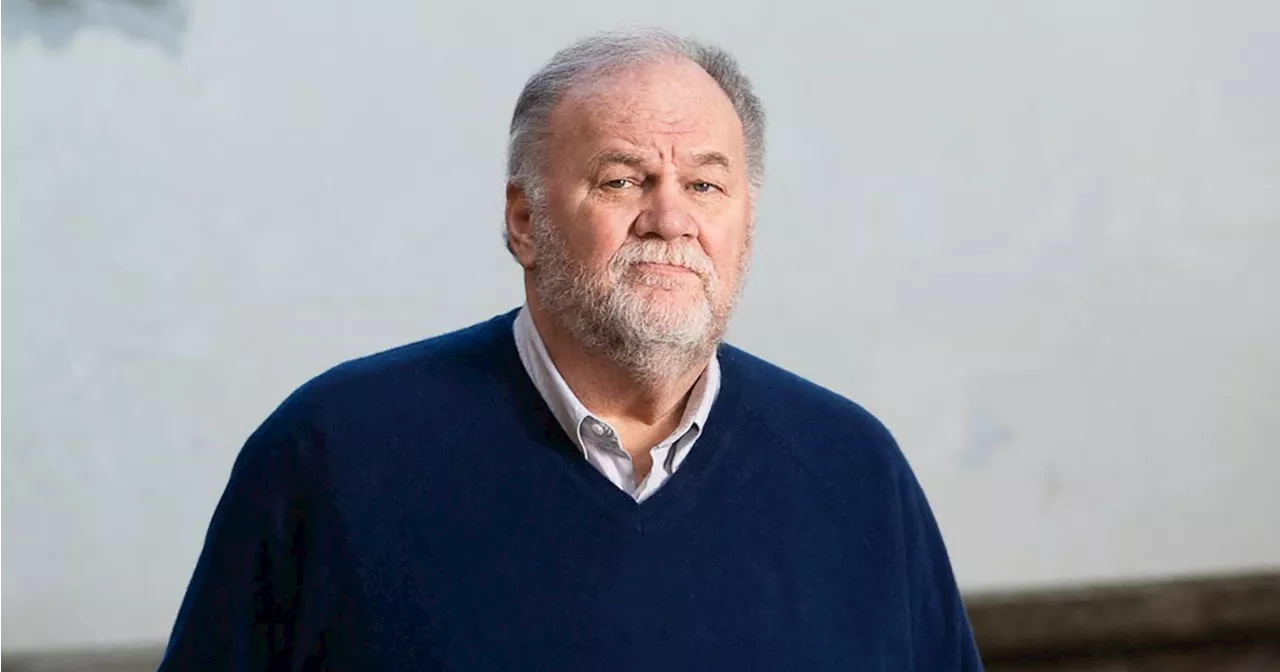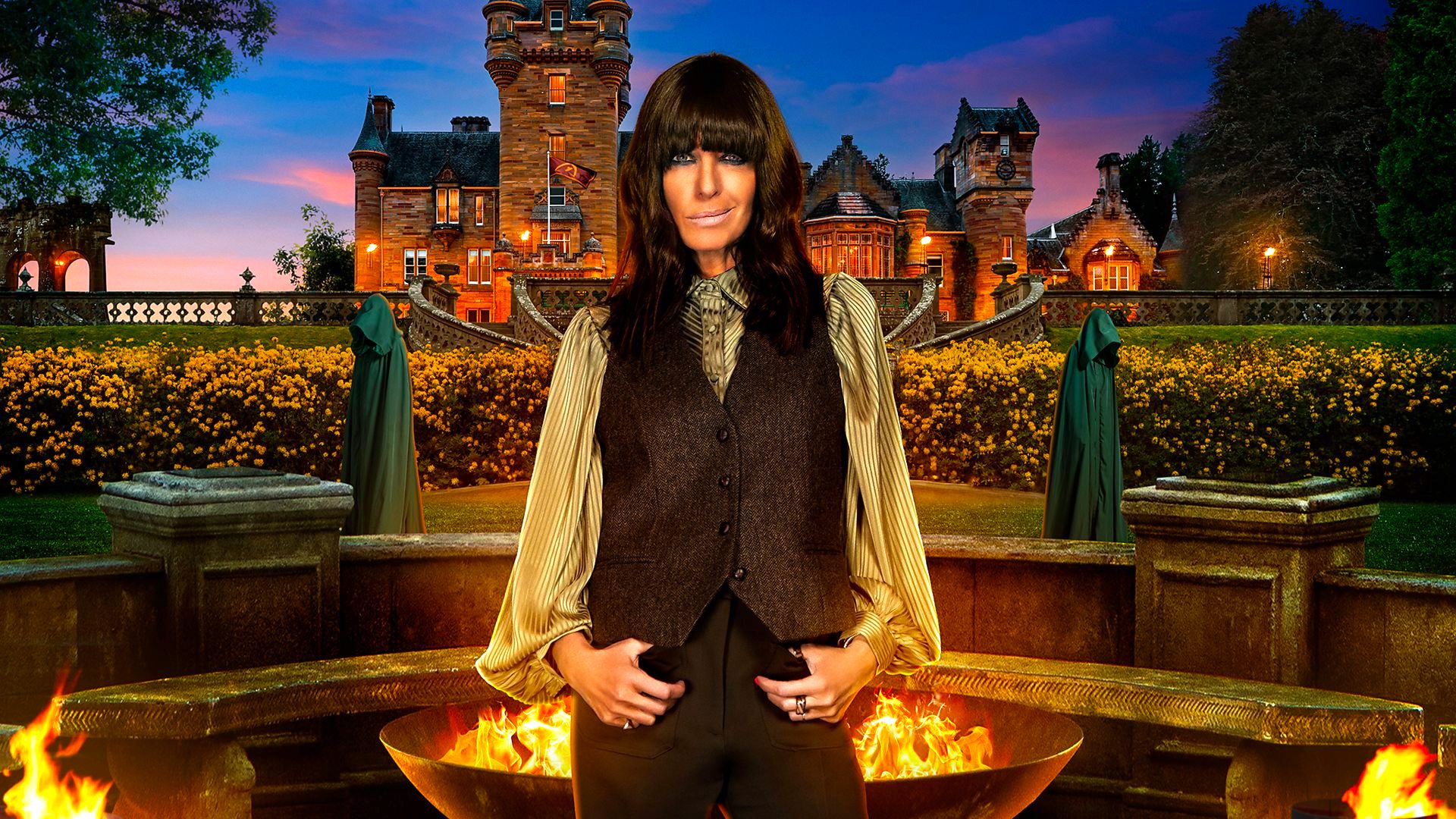OpenAI has partnered with actor Bryan Cranston and various Hollywood organizations to address concerns regarding the use of deepfake technology in its Sora 2 video application. This collaboration follows an incident where Cranston’s voice and likeness were replicated without his consent, prompting him to voice his concerns to SAG-AFTRA, the union representing performers.
In a joint statement released on Monday, OpenAI acknowledged the issues raised by Cranston and outlined its commitment to improving the safeguards surrounding the use of an individual’s likeness and voice. Cranston, known for his role in the acclaimed series “Breaking Bad,” expressed his worries not just for himself but for all artists whose identities may be misused in this manner. He stated, “I was deeply concerned not just for myself, but for all performers whose work and identity can be misused in this way.”
According to the statement, OpenAI has implemented an opt-in policy for the use of any individual’s voice and likeness. This policy ensures that artists retain control over how and when their identities can be simulated. OpenAI expressed regret for the “unintentional generations” of content that occurred prior to these changes and emphasized its commitment to responding swiftly to any complaints.
Strengthening Guardrails Against Misuse
The updated policy aligns with the proposed NO FAKES Act, which aims to safeguard individuals’ voices and likenesses from unauthorized AI-generated content. OpenAI’s proactive measures come in response to backlash from the creative community regarding copyright concerns and potential misuse of digital representations.
Since the launch of Sora 2, OpenAI has made several adjustments to enhance the rights of intellectual property holders. Notably, the company recently announced a pause on AI-generated videos of Martin Luther King Jr. following concerns raised by the civil rights leader’s estate. This move underscores OpenAI’s responsiveness to feedback from both the public and the industry.
The collaboration between OpenAI, Cranston, and organizations such as United Talent Agency, Creative Artists Agency, and the Association of Talent Agents marks a significant step towards establishing ethical standards in the rapidly evolving field of artificial intelligence. By working together, these entities aim to create a safer environment for artists, ensuring that their creations and identities are respected and protected in the digital age.
As the landscape of digital content continues to shift, the focus on ethical practices and the rights of individuals will be more crucial than ever. OpenAI’s partnership with Cranston and Hollywood representatives sets a precedent for how technology can advance while prioritizing the rights of those whose work fuels the industry.







